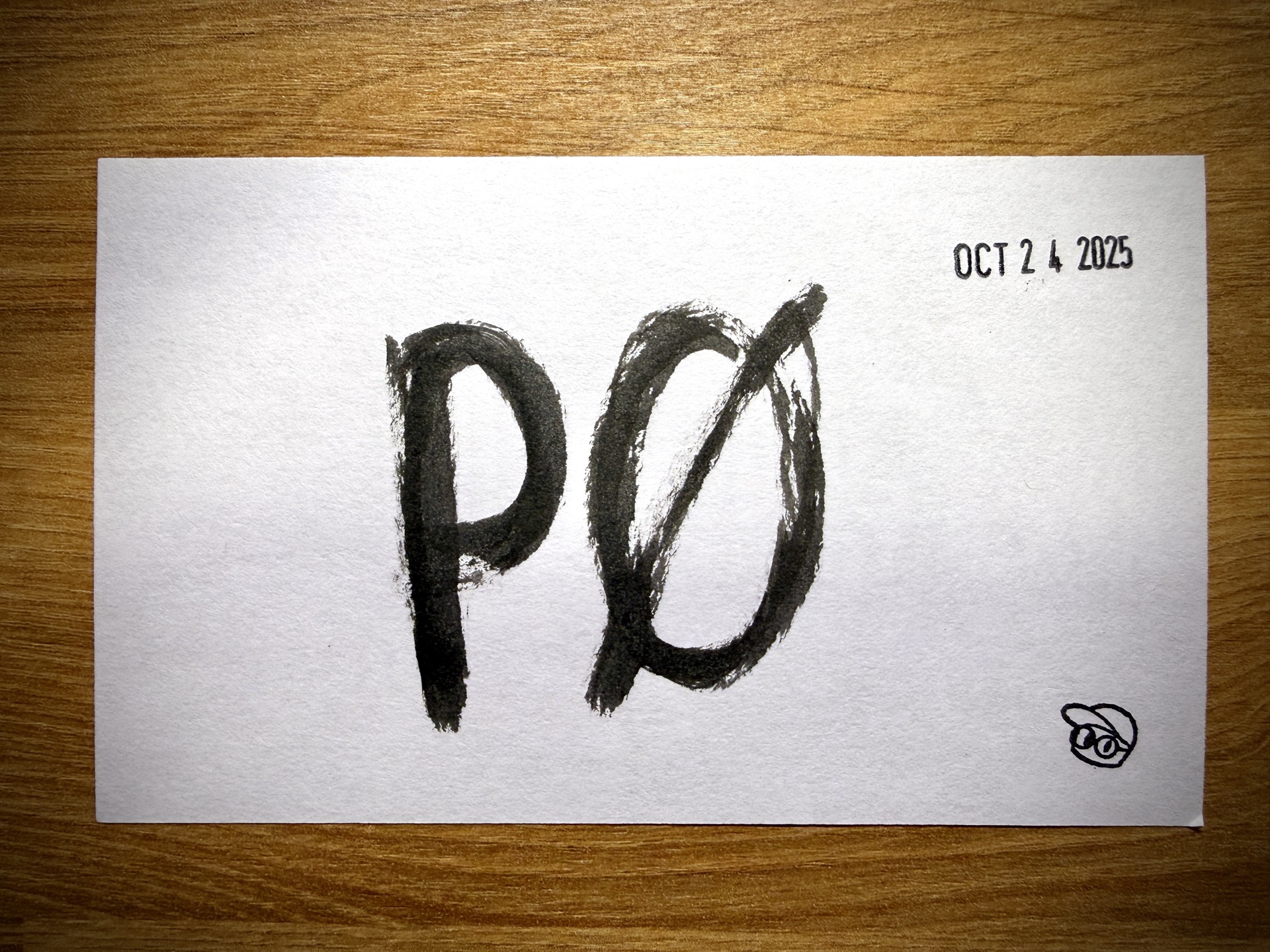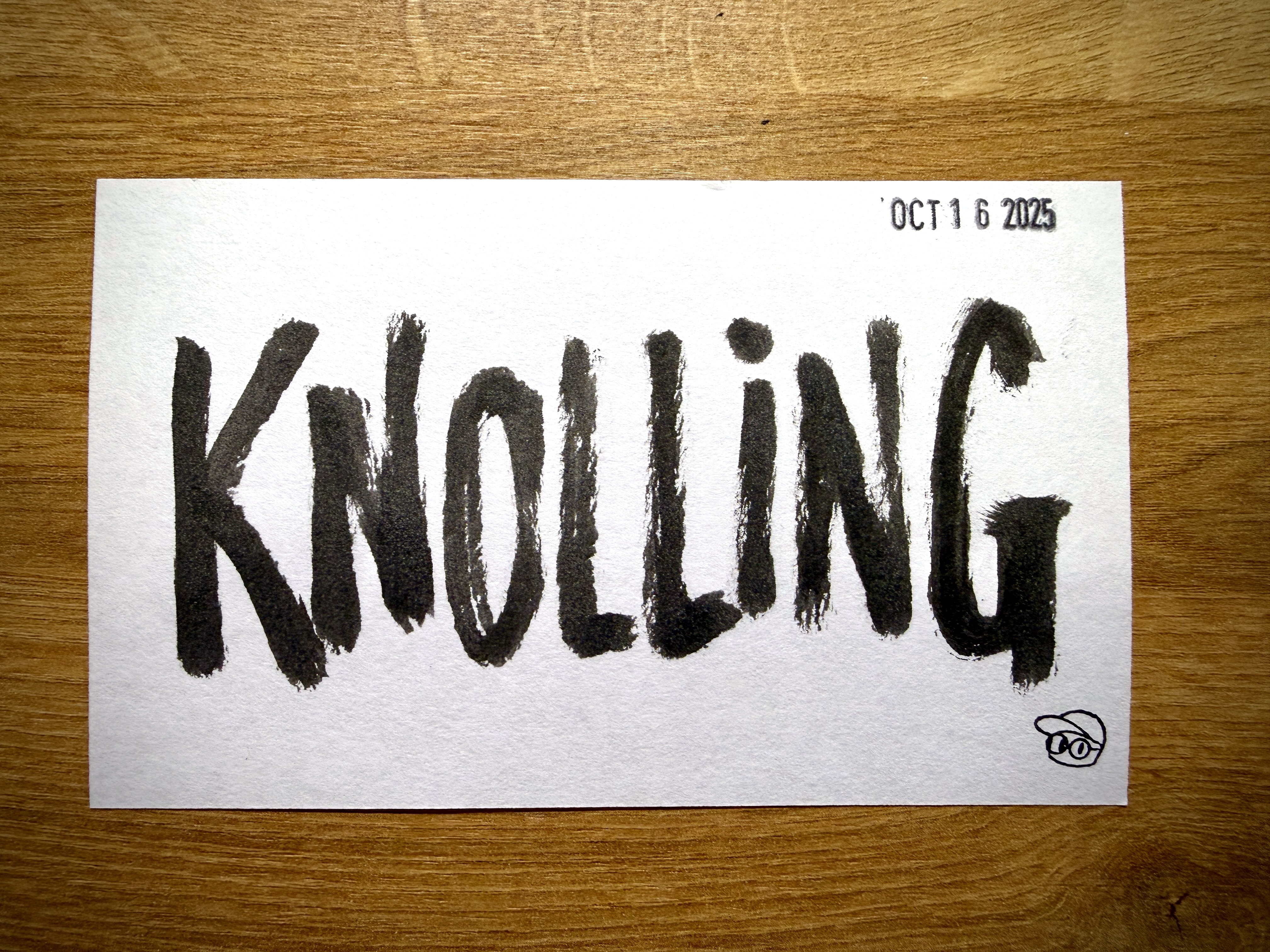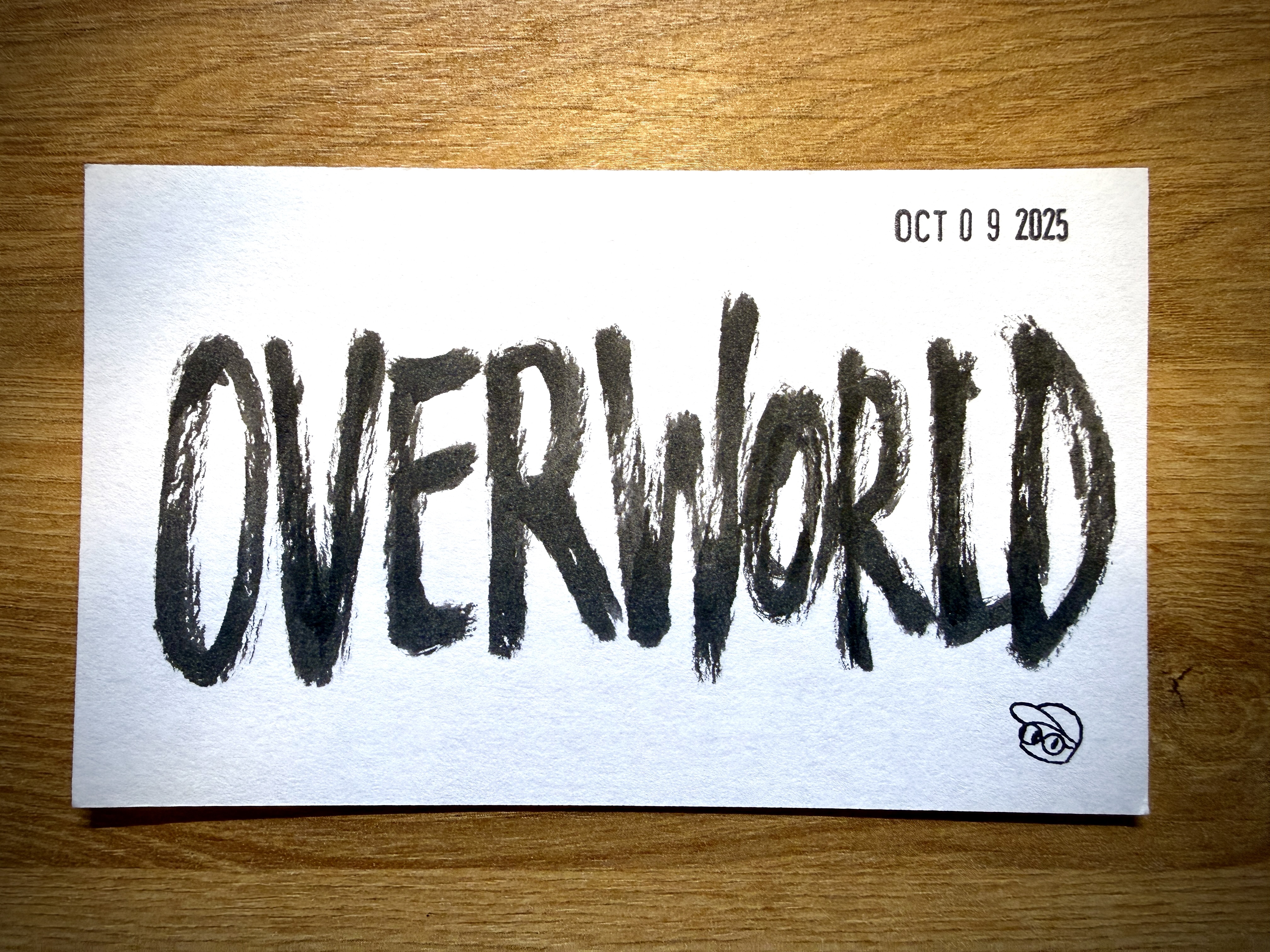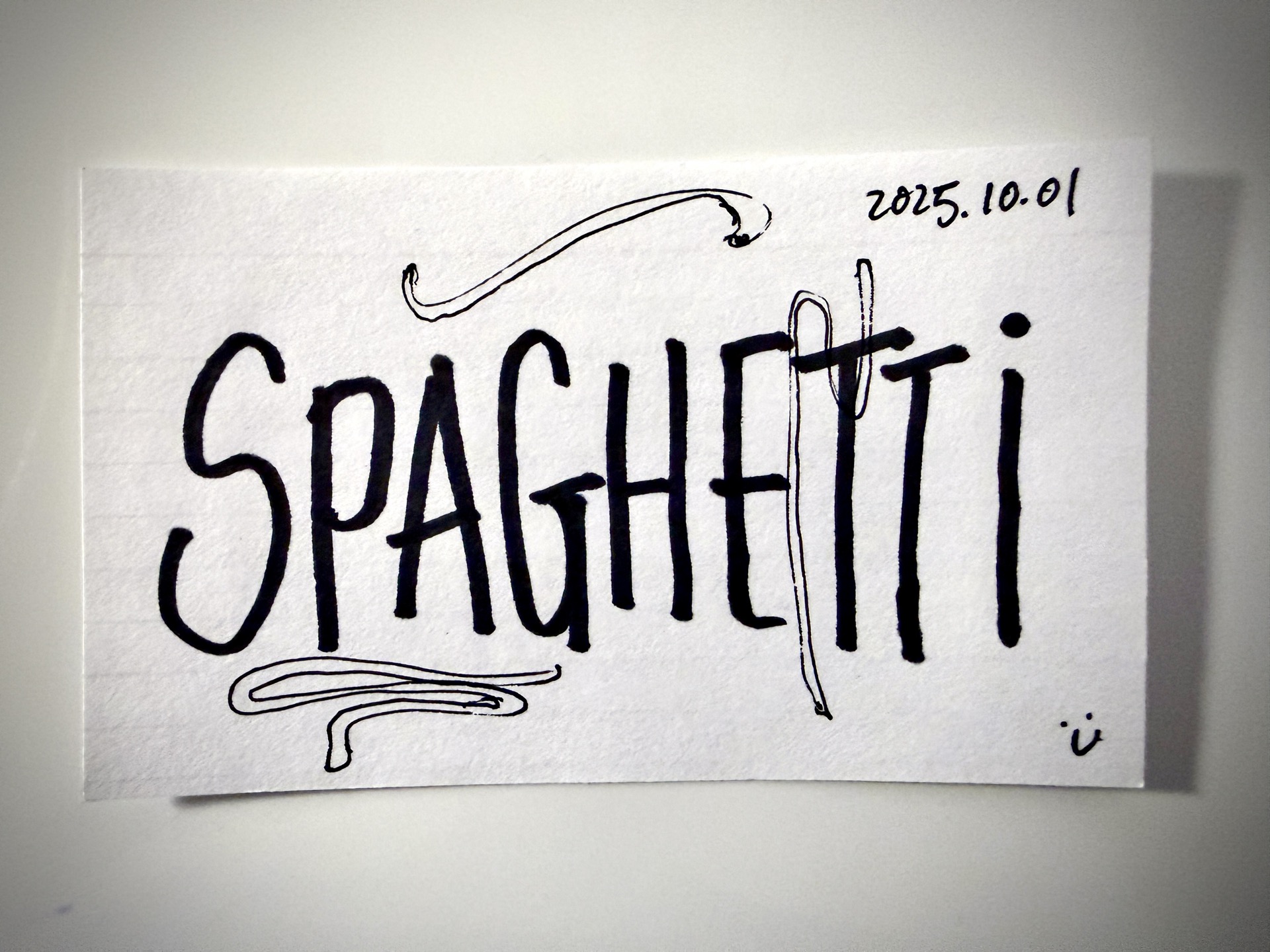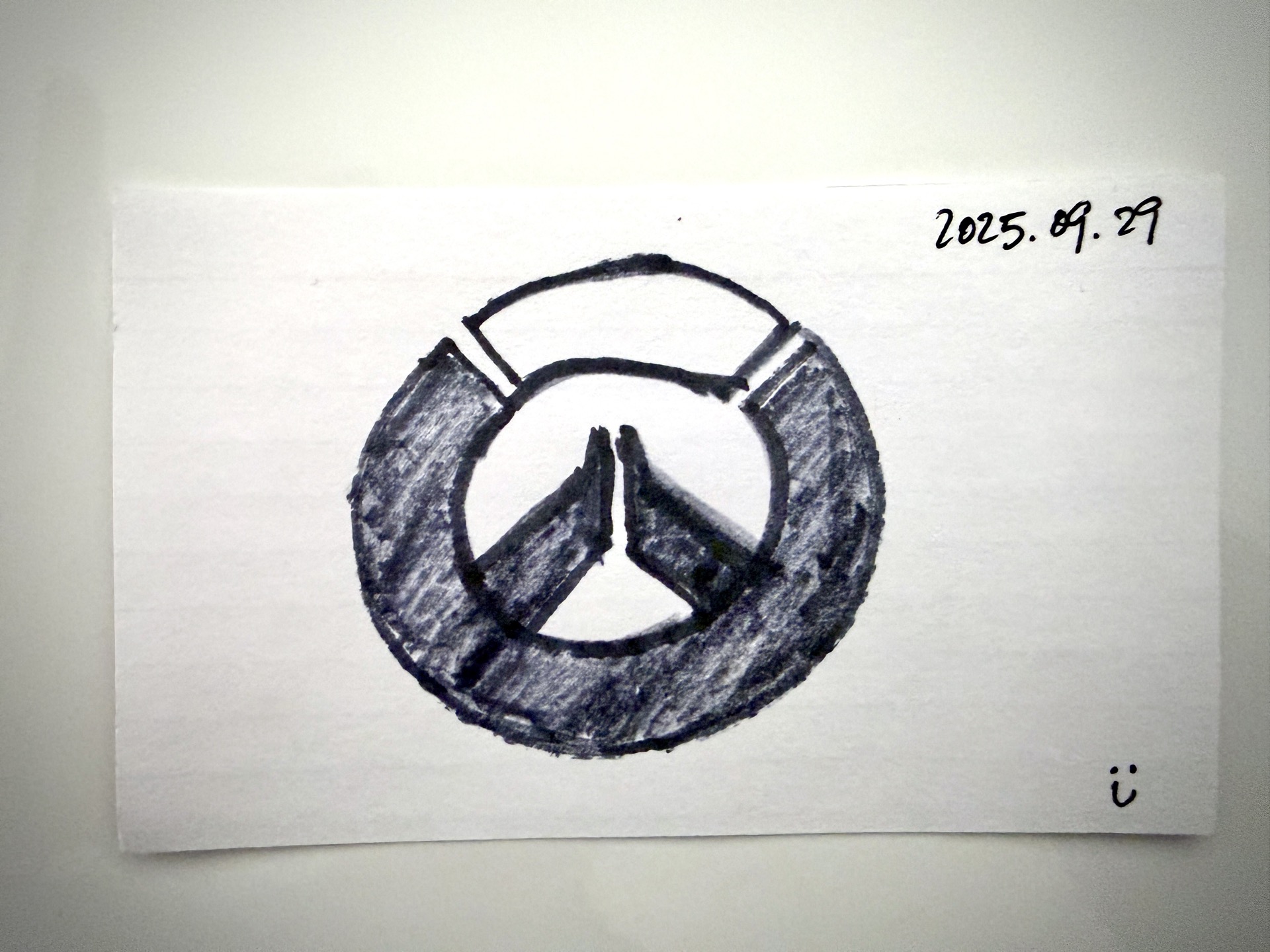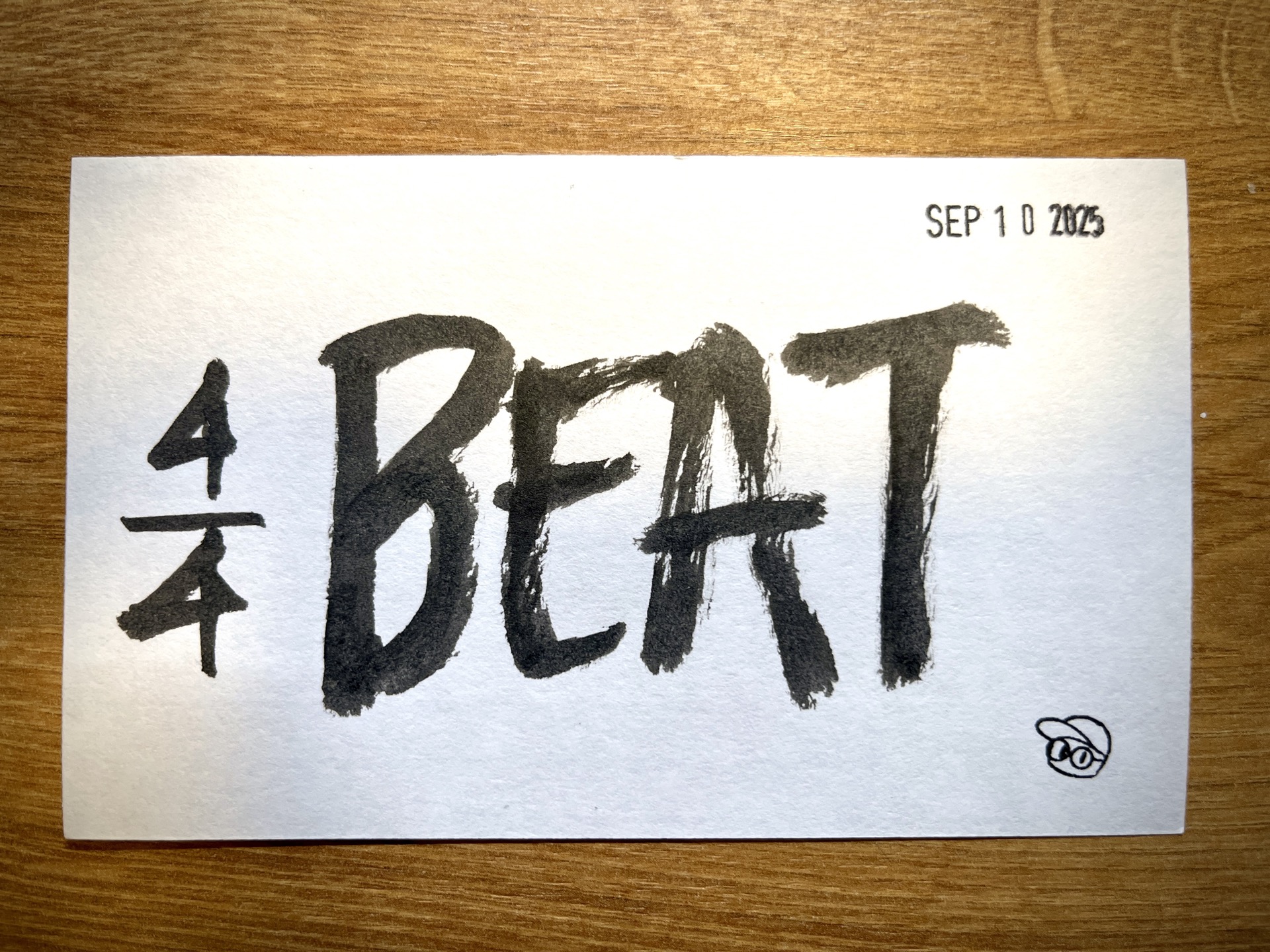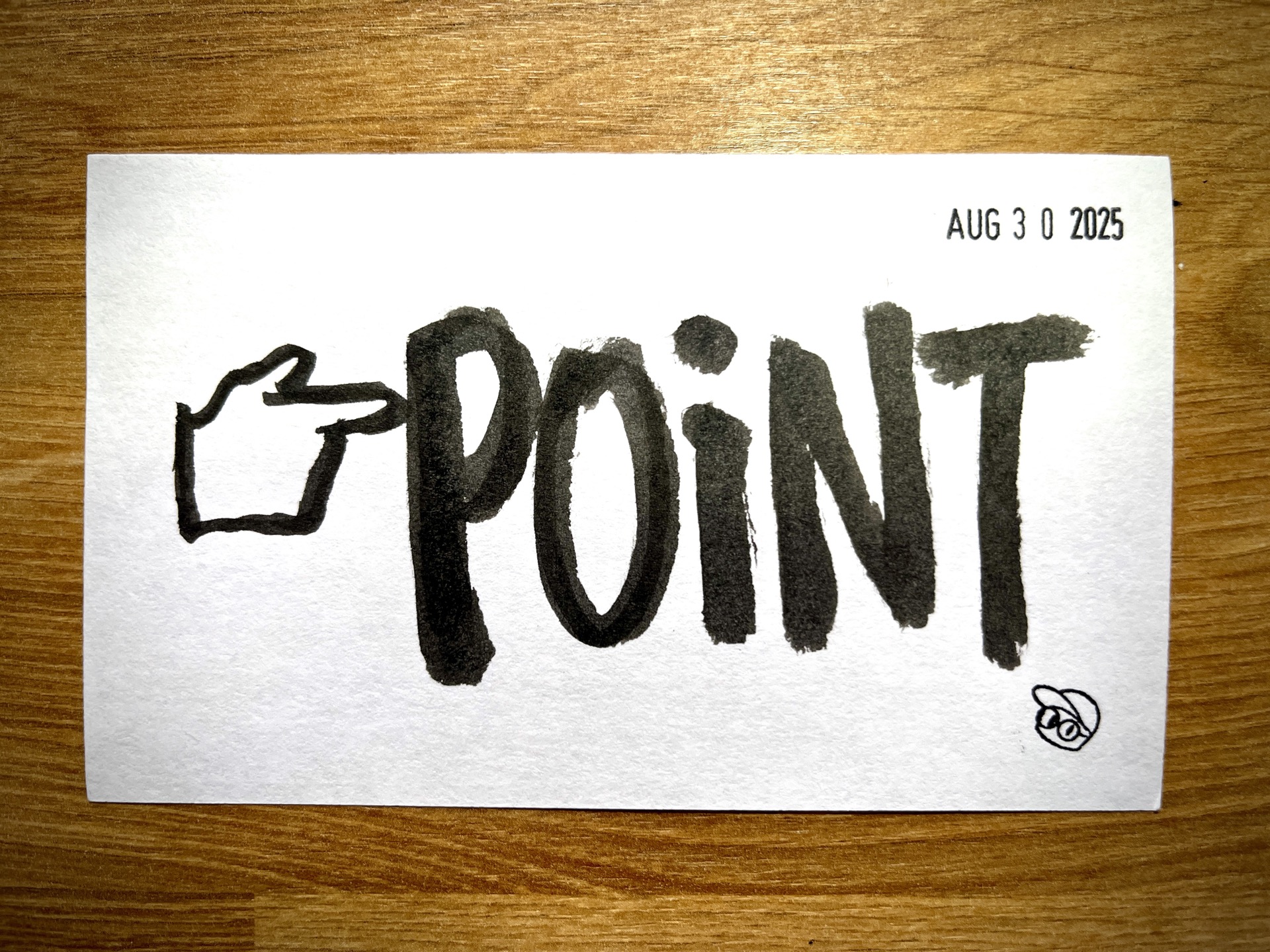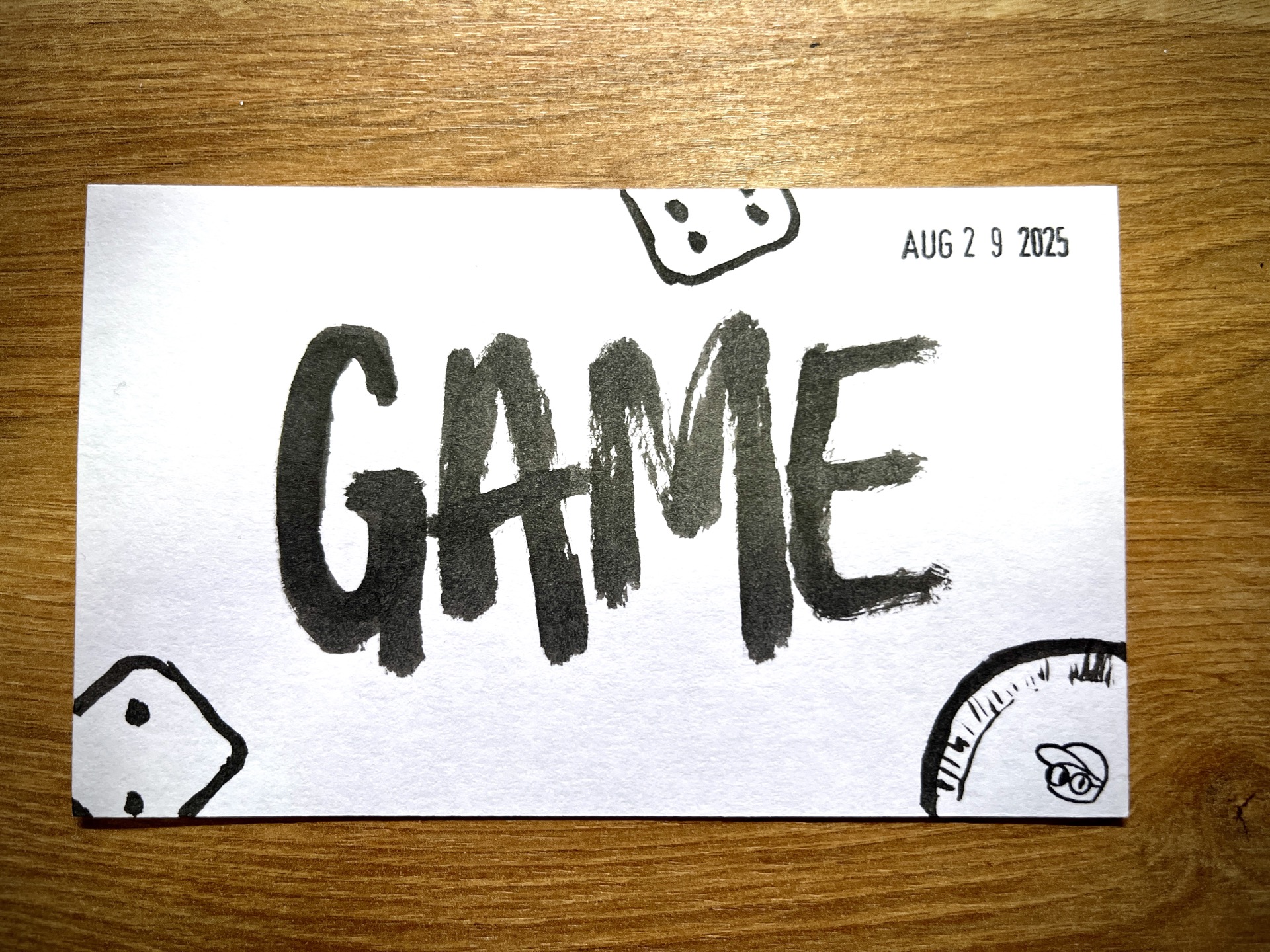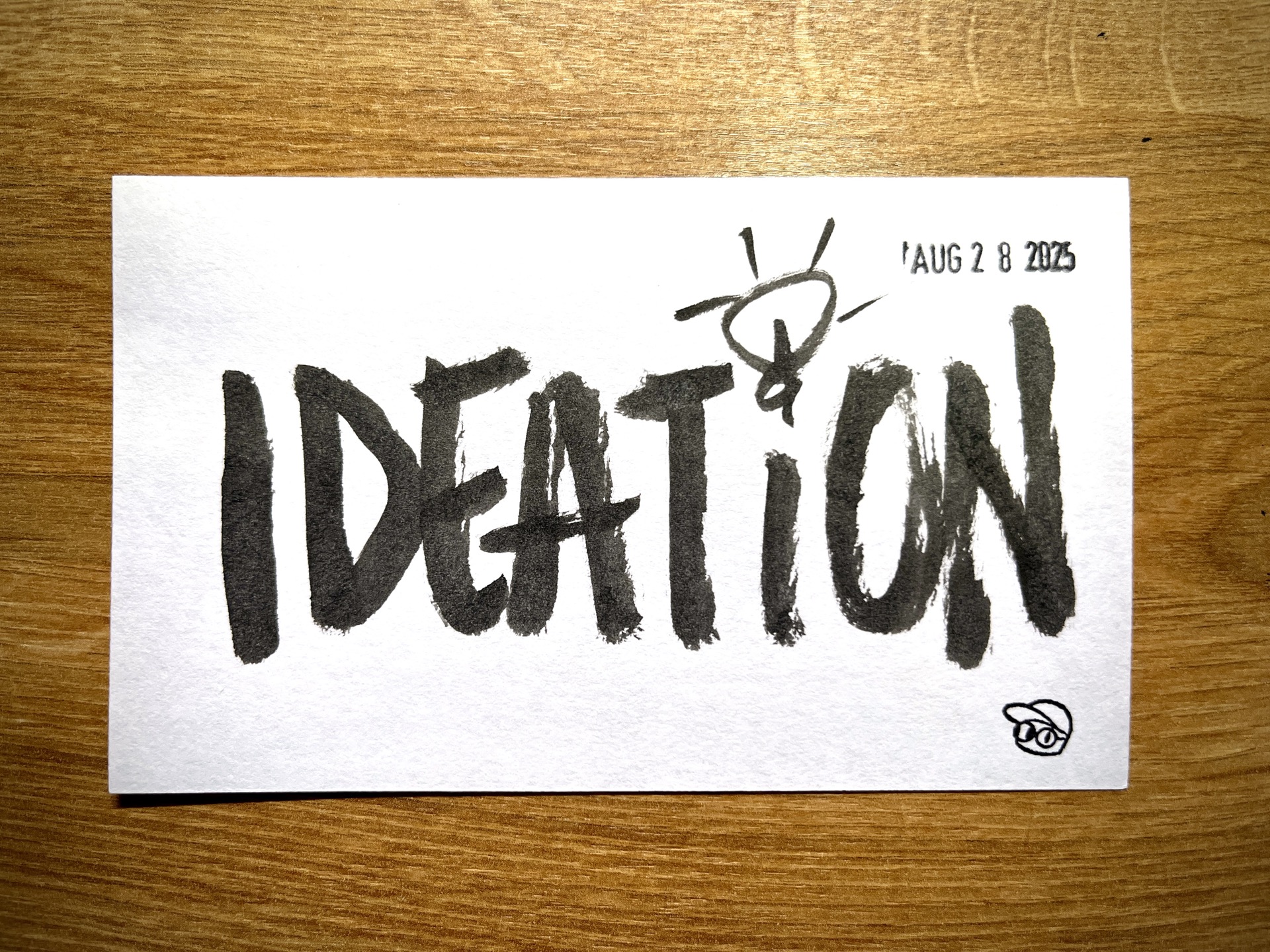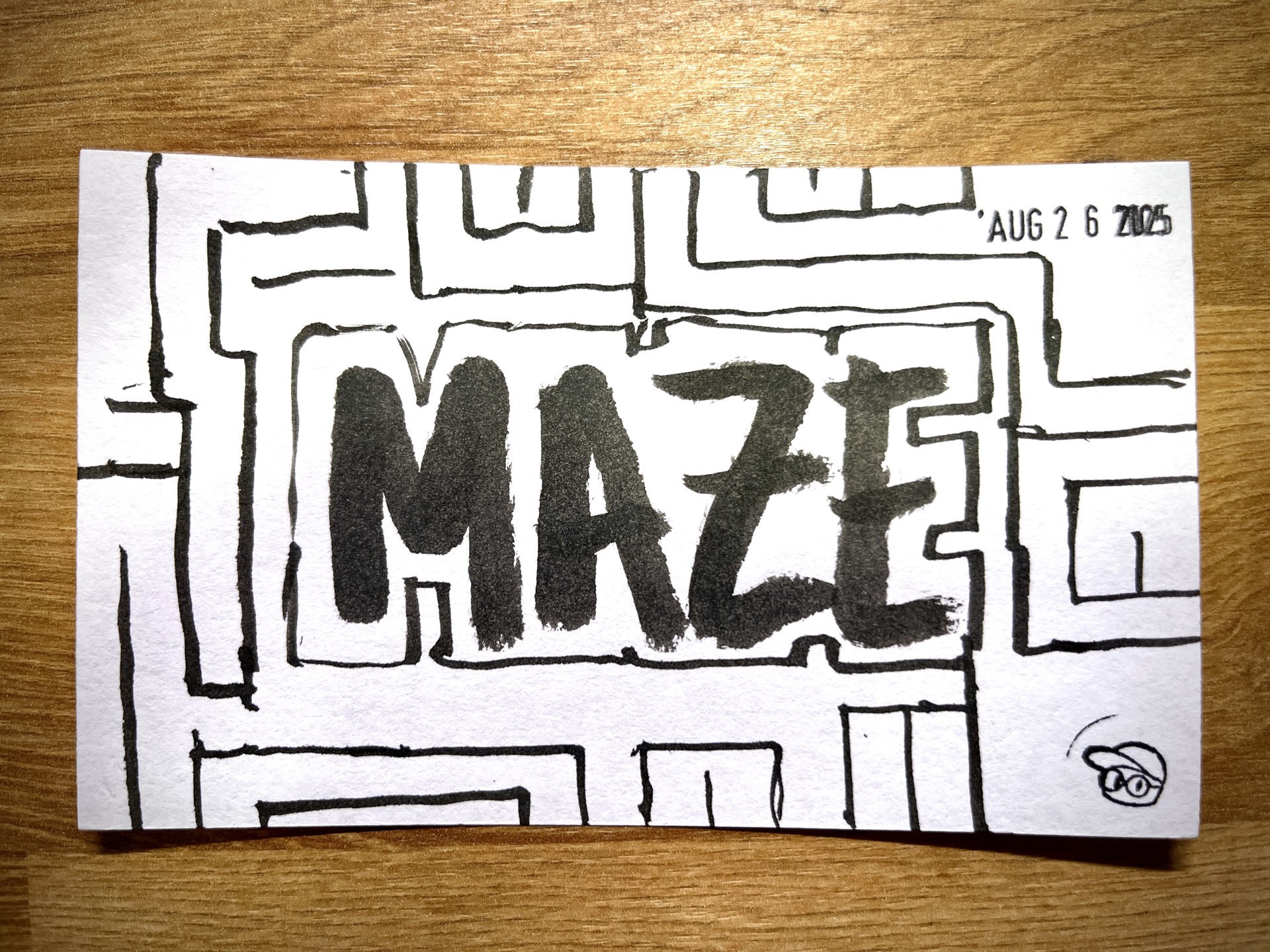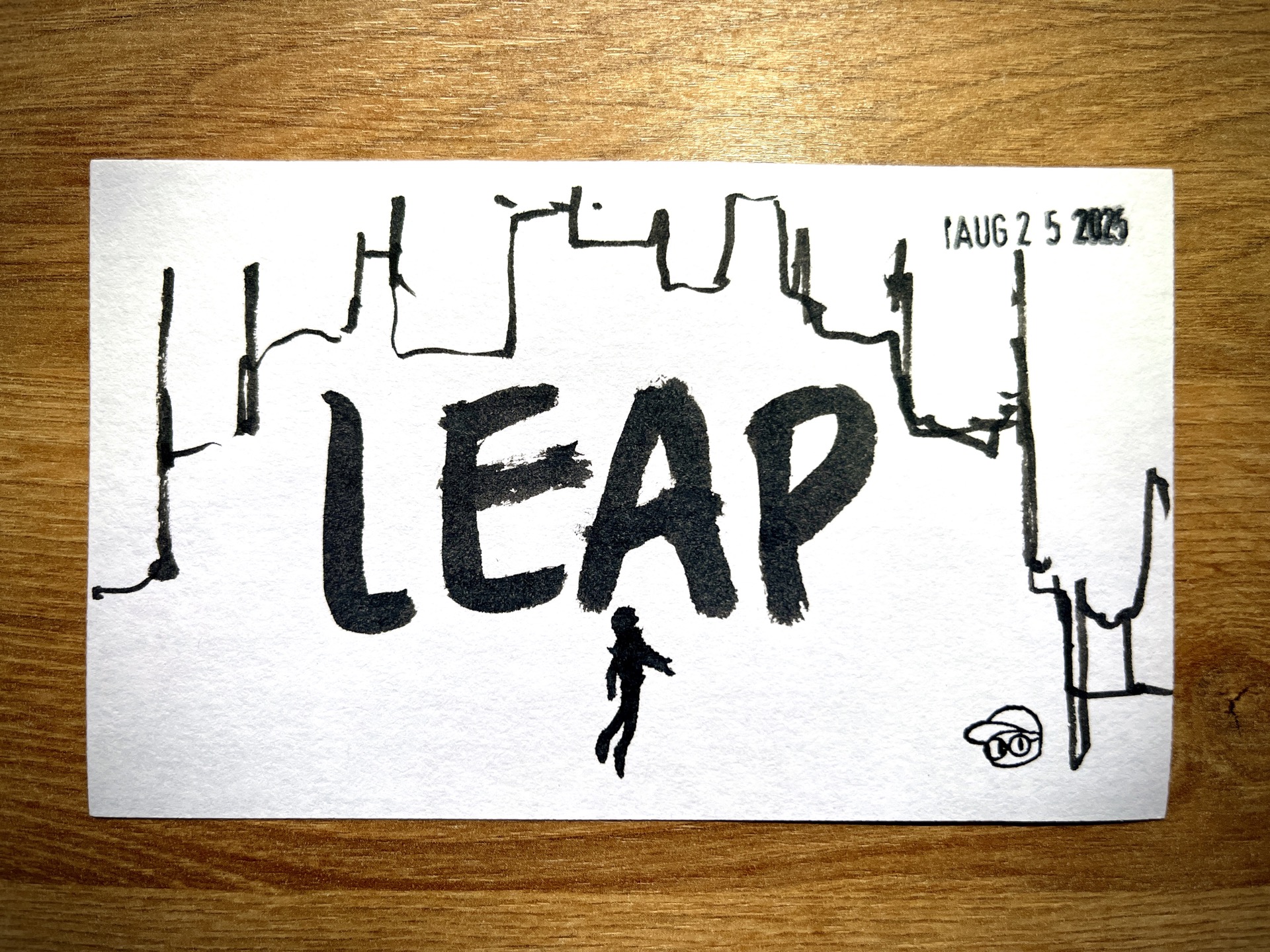Planning
Breadcrumbs
Little crumbs of thought. Tiny sparks of curiosity. Leave them. Because someday, they’ll glow — guiding you back home, or forward into something new.
P0
Plans shift. Priorities bend. Another P0 shows up out of nowhere. The question isn’t what’s urgent—it’s whether you can lead when the map changes.
Manualness
Automation makes things faster. But the manual moments — the ones that make you stop and choose — are what keep you present, aware, and in control.
Knolling
Lay it out. Group what’s alike. Align the edges. Remove what doesn’t belong. Step back. Look again. Clarity from cleaning.
Overworld
The path isn’t always clear. But once you can see the world — even roughly — you can navigate it. Explore it. Refine it. Bring it to life.
Spaghetti
Don’t fear the splatter. Fear the spotless kitchen with nothing to eat. Progress is messy. And progress is the point.
Overwatch
Roles don’t carry teams. Rhythm does. See the people. Sense the shifts. Balance. Support. Move.
Creep
The fear of creep is real. But sometimes, the thing you resist most is the very thing that makes the work worth doing.
Beat
Ever notice how once the rhythm clicks, everything feels lighter? The mess stops being noise and starts sounding like… something real.
Kick
My timer goes off. A sharp beep yanks me out of the fog, drops me at a fork in the road: keep diving deeper, or surface now and breathe.
Point
Funny thing about pointing: it looks silly, but it works. A flick of the hand or a chin tilt can cut through the fog faster than a paragraph ever could.
Game
Games teach you how to take on challenges stacked against you. Work and life are no different. The only question: given the board, how will you play?
Ideation
Ideas don’t just appear. You train for them. Scribbles, scraps, silent reps. Practice when nobody’s watching so you’re ready when it counts.
Maze
A problem is like a maze: no clarity, just walls and dead ends. The only way forward—scout, leap, map, move. And trust that together, you’ll find the way out.
Leap
Decisions aren’t clean. They’re messy. A conversation between your head, heart, gut, and hands. They collide, they argue. And when the moment comes, it’s always the same: a leap of faith.

